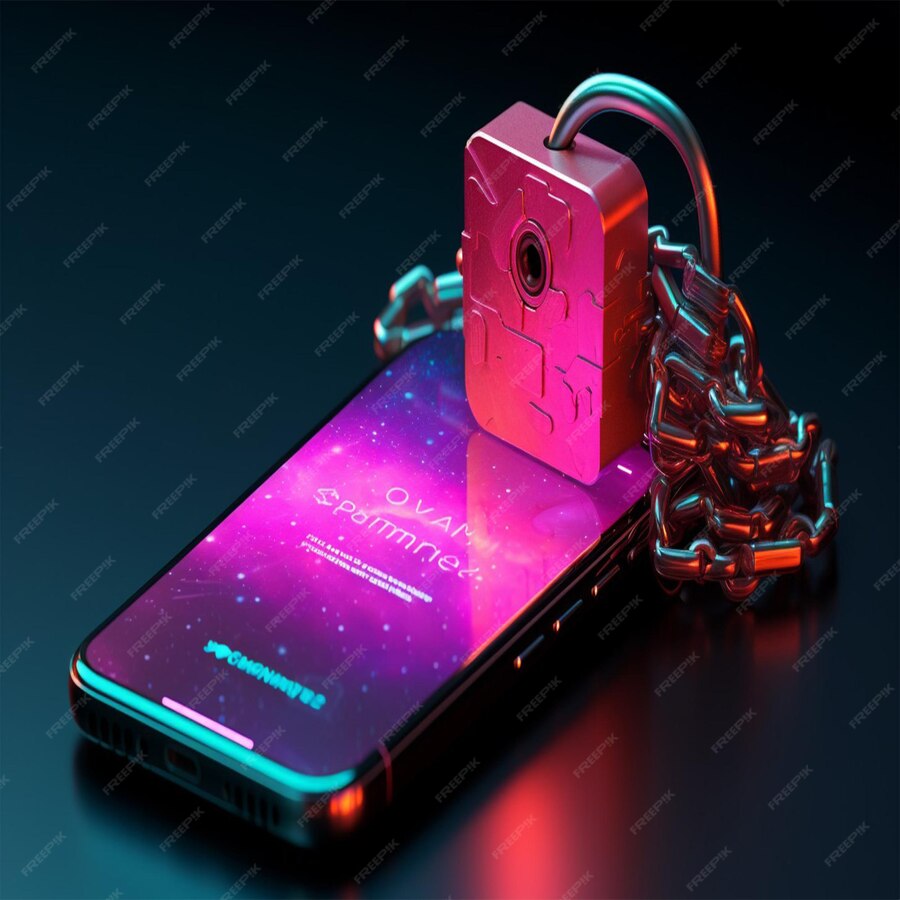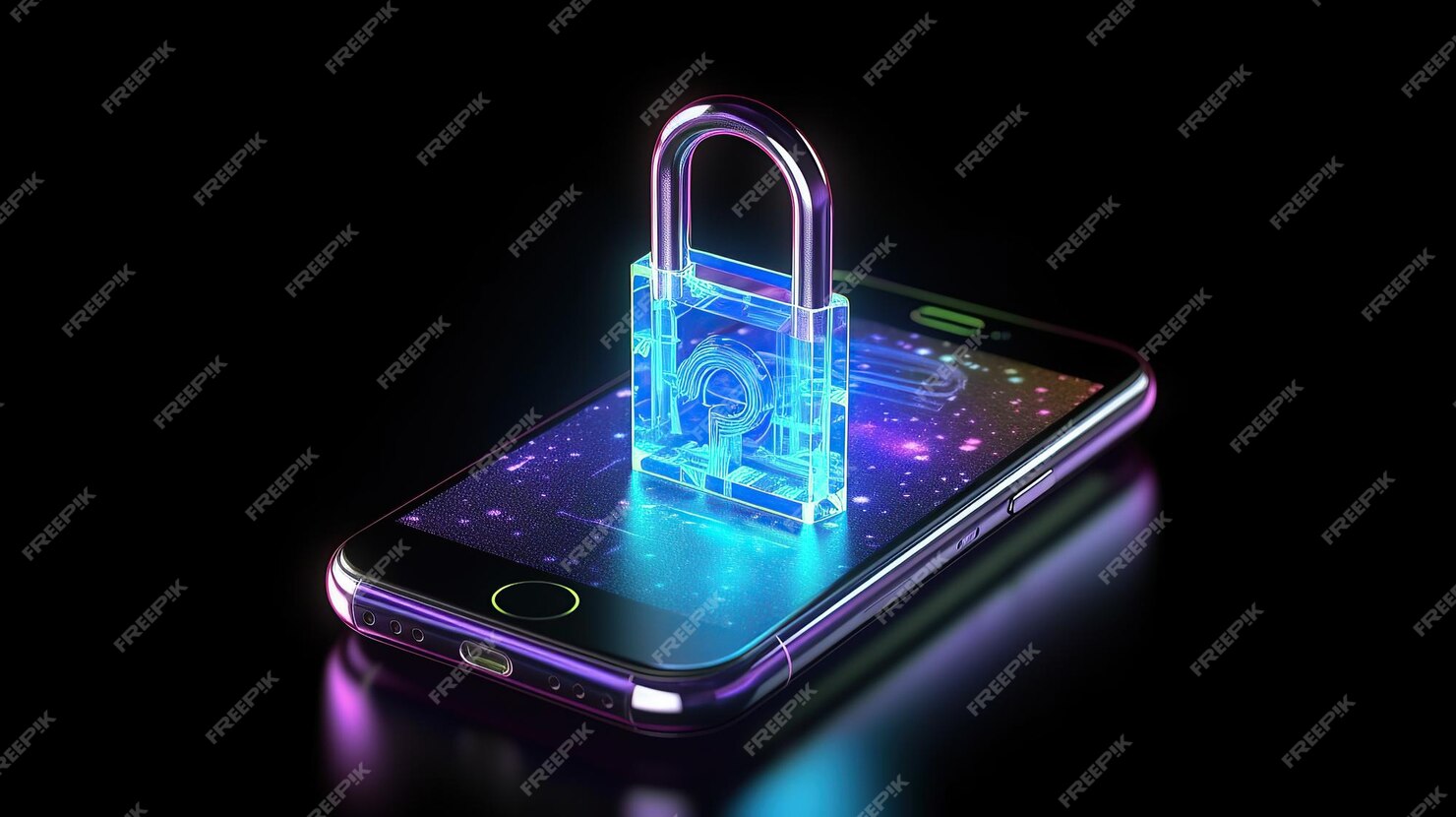Introduction
In today’s digital age, our smartphones have become an integral part of our lives. Among the vast array of smartphones available, iPhones stand out for their sleek design, user-friendly interface, and robust security features. However, just like any other digital device, iPhones are not immune to threats, including viruses. In this comprehensive guide, we will delve deep into the world of iPhone viruses, understanding what they are, how they infect devices, and most importantly, how to prevent them from compromising your iPhone’s security.
In a world dominated by smartphones, iPhones stand out as symbols of style, sophistication, and seamless functionality. However, despite their robust security measures, iPhones are not impervious to threats. Among these, viruses pose a significant risk to the security and performance of your device. In this blog post, we’ll explore the world of iPhone viruses, from understanding what they are to learning how to protect your beloved device from their harmful effects.
Understanding iPhone Viruses
What Are iPhone Viruses?
Just like viruses that infect computers, iPhone viruses are malicious software programs designed to infiltrate your device, disrupt its normal operation, and potentially steal your personal information.
How Do iPhone Viruses Infect Devices?
iPhone viruses can enter your device through various means, including malicious apps, phishing scams, and compromised websites. Once installed, they can spread quickly and silently, often without the user’s knowledge.
Common Types of iPhone Viruses
Some common types of iPhone viruses include spyware, adware, ransomware, and trojans. Each type has its own unique characteristics and methods of infection.
Signs of an Infected iPhone
Signs that your iPhone may be infected with a virus include unusual battery drain, sluggish performance, frequent crashes, and the appearance of unfamiliar apps or pop-up ads.
Preventing iPhone Viruses
Keep Your iOS Up to Date
Regularly updating your iPhone’s operating system is one of the most effective ways to protect it from viruses and other security threats. Apple releases software updates containing security patches and bug fixes to address vulnerabilities that could be exploited by hackers.
Download Apps Only from Official Sources
Avoid downloading apps from third-party app stores or untrusted websites. Stick to the official App Store, where Apple rigorously screens all apps for security and reliability before making them available for download.
Beware of Phishing Attempts
Be cautious when clicking on links or providing personal information online, especially in emails, text messages, or social media messages from unknown or suspicious sources. Hackers often use phishing scams to trick users into revealing sensitive information or installing malware on their devices.
Enable Find My iPhone Feature
Enable the “Find My iPhone” feature on your device to help locate and remotely erase your iPhone in case it gets lost or stolen. This feature can also help protect your data in the event of a security breach.
Use a Reliable Antivirus App
Consider installing a reputable antivirus app from the App Store to scan your device for malware and provide real-time protection against viruses and other online threats.
Regularly Backup Your iPhone Data
Make sure to regularly backup your iPhone data to iCloud or iTunes. In the event that your device becomes infected with a virus or is lost/stolen, you can restore your data from the backup without losing any important information
Understanding the Threat of Mercenary Spyware
What is Mercenary Spyware?
How Does Mercenary Spyware Target iPhones?
Signs Your iPhone May Be Infected
Unusual Battery Drain
Increased Data Usage
Strange Behavior of Apps
Taking Immediate Action
Update Your iPhone Software Regularly
Install a Reputable Antivirus App
Perform Regular Malware Scans
Securing Your iPhone Against Mercenary Spyware
Enable Two-Factor Authentication
Review App Permissions Regularly
Be Cautious of Clicking on Suspicious Links
Seeking Professional Help
Contact Apple Support
Consult with Cybersecurity Experts
Reporting the Incident to Authorities
Staying Vigilant for Future Threats
Educate Yourself About Cybersecurity Risks
Stay Informed About the Latest Threats
Implement Best Practices for Online Security
Conclusion
Safeguarding Your iPhone Against Mercenary Spyware
FAQs About Protecting Your iPhone from Mercenary Spyware
- Can Mercenary Spyware Be Detected by Antivirus Apps?
- While some antivirus apps may detect certain types of spyware, it’s important to choose a reputable one and perform regular scans.
- Is Jailbreaking My iPhone a Safe Option to Protect Against Spyware?
- No, jailbreaking your iPhone can actually make it more vulnerable to spyware and other security threats.
- What Should I Do If I Suspect My iPhone Is Infected with Mercenary Spyware?
- Immediately disconnect it from the internet, perform a malware scan, and contact Apple Support for assistance.
- Can Mercenary Spyware Steal Personal Information from My iPhone?
- Yes, mercenary spyware is designed to gather sensitive information such as passwords, messages, and location data from infected devices.
- Are There Any Legal Actions I Can Take Against Those Who Deploy Mercenary Spyware?



